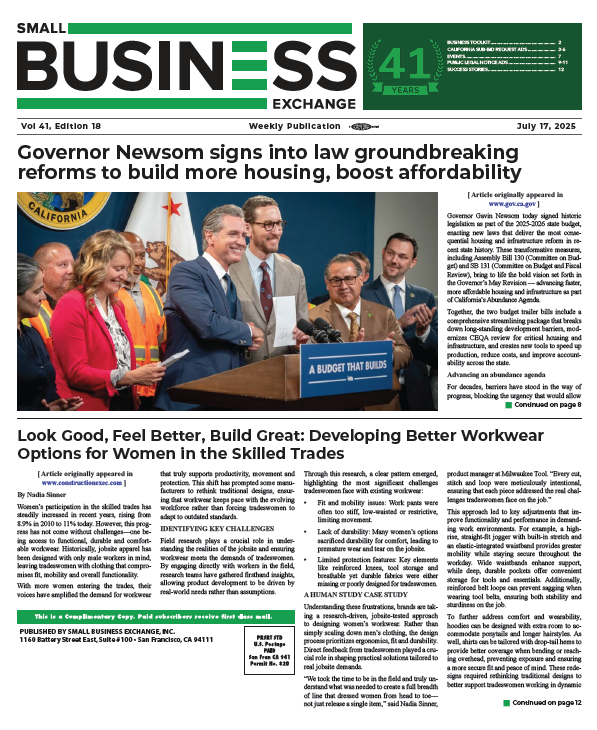8(a) Program Provides Opportunities to Prospective Disadvantaged Entrepreneurs
09/21/2019
The House Committee on Small Business heard from small business contractors and experts on how the SBA’s 8(a) program operates and potential improvements to increase program effectiveness.
“The federal government, through the Small Business Act, recognizes that the opportunity for full participation in our free enterprise system by socially and economically disadvantaged persons is essential to obtaining equality and improving the functioning of our national economy. The 8(a) Program was developed with this policy goal in mind, creating a protective space for these types of firms to grow and succeed so they may later rise to become fully capable, competitive, and productive members of our Nation’s workforce,” said Ranking Member Steve Chabot (R-OH). “The success of these businesses translates directly to broader benefits, whether in the form of increasing the number of jobs in the local area or amplifying economic activity within their communities. Given that these businesses only have nine short years to participate in this program, it is incumbent… to ensure that the program is effectively acting as a launchpad for sustained success.” Small Contractors Emphasize Steep Learning Curve and Need for Mentorship “I started Circuit Media 13 years ago in my basement, and now my company has grown to 60 employees with offices in Denver and Washington, D.C. The 8(a) program has given my company access to contracts with the federal government that I would not have otherwise had,” said Ms. Rebecca Askew, CEO & General Counsel, Circuit Media LLC, in Denver, CO. “One of the downfalls for any company is relying on 8(a) awards as the majority of their business. So, when it is time to graduate, companies do not have exit strategies to transition out of the program.” “Almost one year into being an 8(a), TransPacific Communications, the company I founded and lead, has yet to receive an 8(a) contract. It’s not due to lack of trying or hard work, but due to what I believe is a critical gap between the SBA 8(a) policy which is great and the operation in practice,” said Ms. Dottie Li, Founder and CEO, TransPacific Communications, in Cheverly, MD. “Specifically, I would recommend strengthening the mentoring of 8(a) participants.” “At the time we were new to federal contracting. We had a huge learning curve to become familiar with the rules, the lingo and the requirements. Through much networking and joining trade groups, we were able to obtain our first 8(a) federal contract 2 years into the program,” said Mr. Clarence McAllister, CEO, Fortis Networks, in Phoenix, AZ. “Today, 19 years later we are a General Contractor with projects nationwide. My wife and I have hired hundreds of employees over this time span.”
“As an 8(a) contractor, the minority business has the unique opportunity to build a track record of successfully completed contracts by competing against fellow 8(a) contractors in its field. The 8(a) contractor must deliver its product on time and within budget, even if the contract is a sole source award,” said Mr. Ralph C. Thomas III, Executive Director Emeritus & Representative of the National Association of Minority Contractors, Lawyer, Law Offices of Ralph C. Thomas III PLLC, in Washington, DC. “Our members… are very concerned about the fact that under the 8(a) banner, the large business obtains an 8(a) contract with its 8(a) protégé and then during the performance of the contract, the large firm determines that the 8(a) firm cannot perform its part of the contract and essentially drops the 8(a) firm from the contract. Back To News |
|
|
|
|
||
|
© 2025 Small Business Exchange, Inc. |
||







